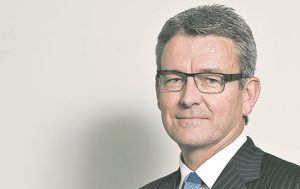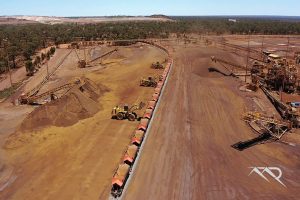In this short series, the Investor Insight team takes a look at some of the critical elements of the periodic table, how they affect our lives today and into tomorrow and what our clients are doing in this exciting space.
Hydrogen, as the first element on the periodic table, has proven itself of interest throughout history thanks to its light weight, reactivity and ubiquitousness in nature.
Nowadays, the real focus on this gas has been the potential it holds for the transportation and utilities markets as the world decarbonises.
Hydrogen fuel cells to generate electricity have become a hot topic as well as the element’s role in alternative power and heat options, motivated through the potential to produce hydrogen completely renewably. And let’s not forget that hydrogen applications in petroleum refining and fertiliser production have been a historically established market.
As a reflection of this increased demand, the market for hydrogen has exploded over the past several years.
In Australia, the Federal Government commissioned a hydrogen market study for the Clean Energy Finance Corporation, which explored the feasibility and costs of expansion in the sector.
Dr Fatih Birol, Executive Director of the International Energy Agency, was quoted saying: “Hydrogen is today enjoying unprecedented momentum. The world should not miss this unique chance to make hydrogen an important part of our clean and secure energy future.”
Over the short term, increasing demand for hydrogen fuel cells and expansions of petroleum refineries are expected to drive the market’s growth. Ongoing research and development of technologies to adapt to hydrogen gas are likely to create opportunities for the market in coming years while mitigating safety concerns, which have hindered the hydrogen market until now.
There has been a boom in the hydrogen sector over the past year and Cannings Purple’s clients are in the thick of it.
Hyzon Motors is at the forefront of hydrogen trucking, with a global presence and trucks being delivered across the world. Hyzon utilises hydrogen fuel cell technology to produce zero-emission commercial vehicles for customers as they work to contribute to the escalating adoption of hydrogen vehicles.
Similarly, BLK Auto has also started working towards building Australia’s hydrogen sector with its own development of hydrogen fuel cell vehicles in the coach and bus sector.
Raven SR has adapted to the demand in a different way, working towards the production of carbon-neutral commercial green hydrogen through the production of their biofuel from organic waste. Raven SR’s patented Steam/CO2 Reformation process enables it to be one of the only non-combustion, waste-to-hydrogen processes in the world, including enough to power its own operations.



